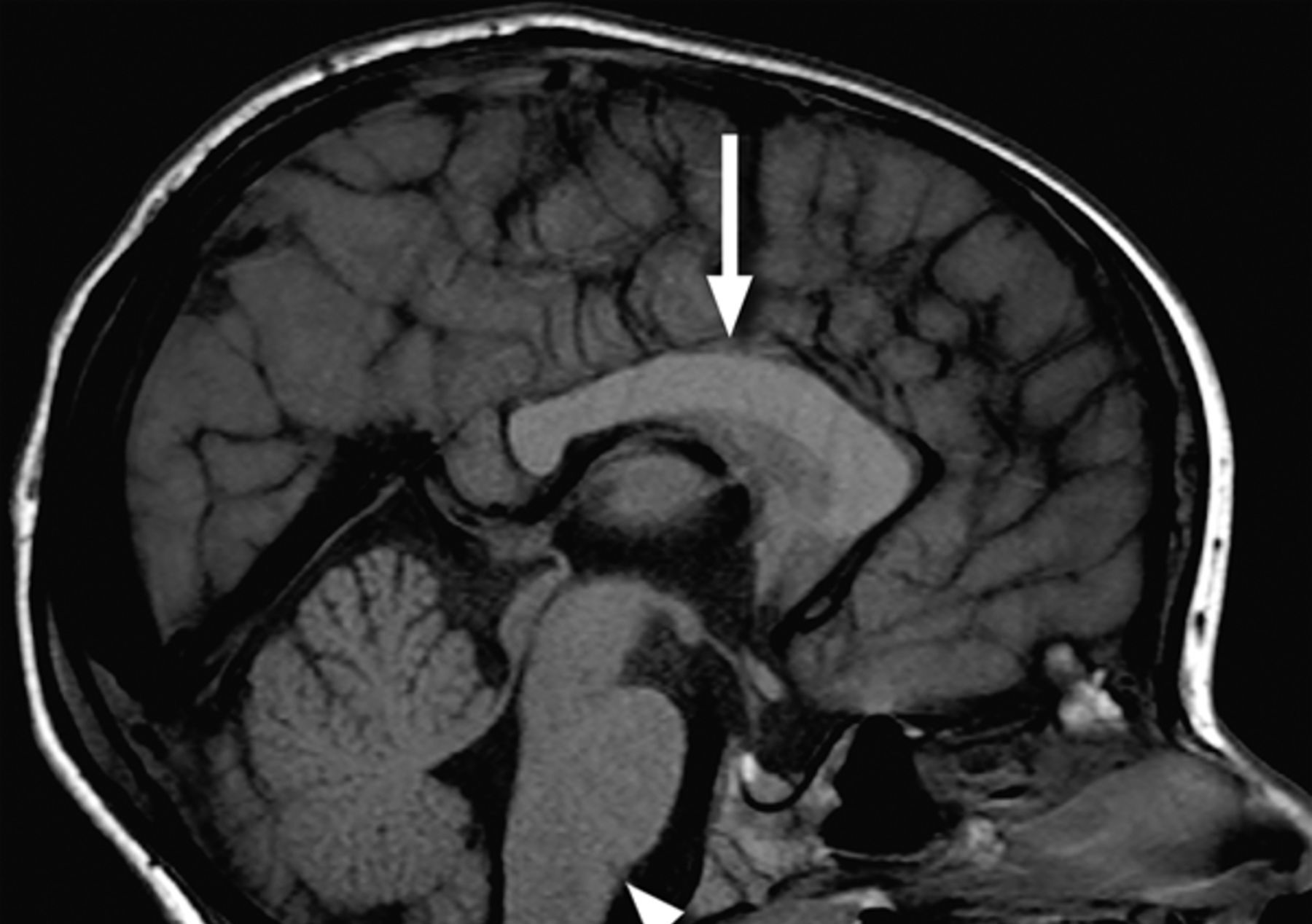
Lissencephaly Immunodeficiency is a rare genetic disorder that combines two major health challenges: smooth brain structure and a weakened immune system. Lissencephaly means "smooth brain," which affects brain development, leading to severe intellectual disability and developmental delays. The immunodeficiency aspect makes individuals more susceptible to infections. This condition is often caused by mutations in specific genes, such as ARX or RELN. Symptoms can include seizures, muscle stiffness, and difficulty swallowing. Early diagnosis and intervention are crucial for managing symptoms and improving quality of life. Understanding this complex disorder can help families and caregivers provide better support and care.
Key Takeaways:
- Lissencephaly, a rare brain disorder, can lead to severe developmental delays and immunodeficiency. Treatment involves managing both neurological and immunological symptoms through medication, therapy, and support groups.
- Ongoing research aims to better understand and treat lissencephaly. Exciting developments include gene therapy, stem cell research, clinical trials for new medications, and early diagnosis through genetic testing.
What is Lissencephaly?
Lissencephaly is a rare brain disorder characterized by the absence of normal brain folds and grooves. This condition can lead to severe developmental delays and other health issues. Here are some intriguing facts about lissencephaly and its connection to immunodeficiency.
-
Lissencephaly means "smooth brain" in Greek, referring to the lack of normal brain folds.
-
Genetic mutations often cause lissencephaly. These mutations can affect genes like LIS1, DCX, and ARX.
-
Symptoms include severe developmental delays, muscle stiffness, and seizures.
-
Diagnosis usually involves MRI scans to detect the brain's smooth appearance.
-
Life expectancy varies. Some individuals live into adulthood, while others may have a shorter lifespan.
How Lissencephaly Affects the Brain
Understanding how lissencephaly impacts brain function can help in managing the condition better. Here are some key points.
-
Neuronal migration is disrupted in lissencephaly, leading to improper brain development.
-
Cognitive abilities are often severely affected, with many individuals having intellectual disabilities.
-
Motor skills can be impaired, making it difficult for affected individuals to perform everyday tasks.
-
Seizures are common, occurring in up to 80% of those with lissencephaly.
-
Hydrocephalus, or fluid buildup in the brain, can also occur, complicating the condition further.
Immunodeficiency and Lissencephaly
Lissencephaly can sometimes be associated with immunodeficiency, making the condition even more complex. Here are some facts about this connection.
-
Immunodeficiency means the immune system is less effective at fighting infections.
-
Genetic overlap exists between some genes causing lissencephaly and those affecting the immune system.
-
Frequent infections are common in individuals with both lissencephaly and immunodeficiency.
-
Autoimmune disorders can also occur, where the immune system attacks the body's own tissues.
-
Treatment often involves managing both neurological and immunological symptoms.
Treatment and Management
Managing lissencephaly and associated immunodeficiency requires a multidisciplinary approach. Here are some treatment options.
-
Anticonvulsants are commonly prescribed to control seizures.
-
Physical therapy can help improve motor skills and muscle strength.
-
Speech therapy may assist in developing communication skills.
-
Immune system support might include antibiotics to prevent infections and immunoglobulin therapy.
-
Surgery may be necessary in some cases to relieve hydrocephalus or other complications.
Research and Future Directions
Ongoing research aims to better understand and treat lissencephaly and its associated conditions. Here are some exciting developments.
-
Gene therapy is being explored as a potential treatment for genetic mutations causing lissencephaly.
-
Stem cell research offers hope for regenerating damaged brain tissue.
-
Clinical trials are ongoing to find new medications that can better manage symptoms.
-
Early diagnosis through genetic testing can help in planning appropriate treatments sooner.
-
Support groups and organizations provide resources and community for affected families.
Final Thoughts on Lissencephaly Immunodeficiency
Lissencephaly Immunodeficiency is a rare genetic disorder that combines brain malformation with immune system deficiencies. This condition, caused by mutations in specific genes, leads to a smooth brain surface and increased susceptibility to infections. Early diagnosis and intervention are crucial for managing symptoms and improving quality of life. Treatment often involves a multidisciplinary approach, including neurologists, immunologists, and therapists. While there's no cure, ongoing research offers hope for better understanding and potential therapies. Families affected by this disorder need support and resources to navigate the challenges. Awareness and education can drive advancements in care and research. Understanding the complexities of Lissencephaly Immunodeficiency helps in advocating for those affected and fostering a supportive community.
Frequently Asked Questions
Was this page helpful?
Our commitment to delivering trustworthy and engaging content is at the heart of what we do. Each fact on our site is contributed by real users like you, bringing a wealth of diverse insights and information. To ensure the highest standards of accuracy and reliability, our dedicated editors meticulously review each submission. This process guarantees that the facts we share are not only fascinating but also credible. Trust in our commitment to quality and authenticity as you explore and learn with us.
